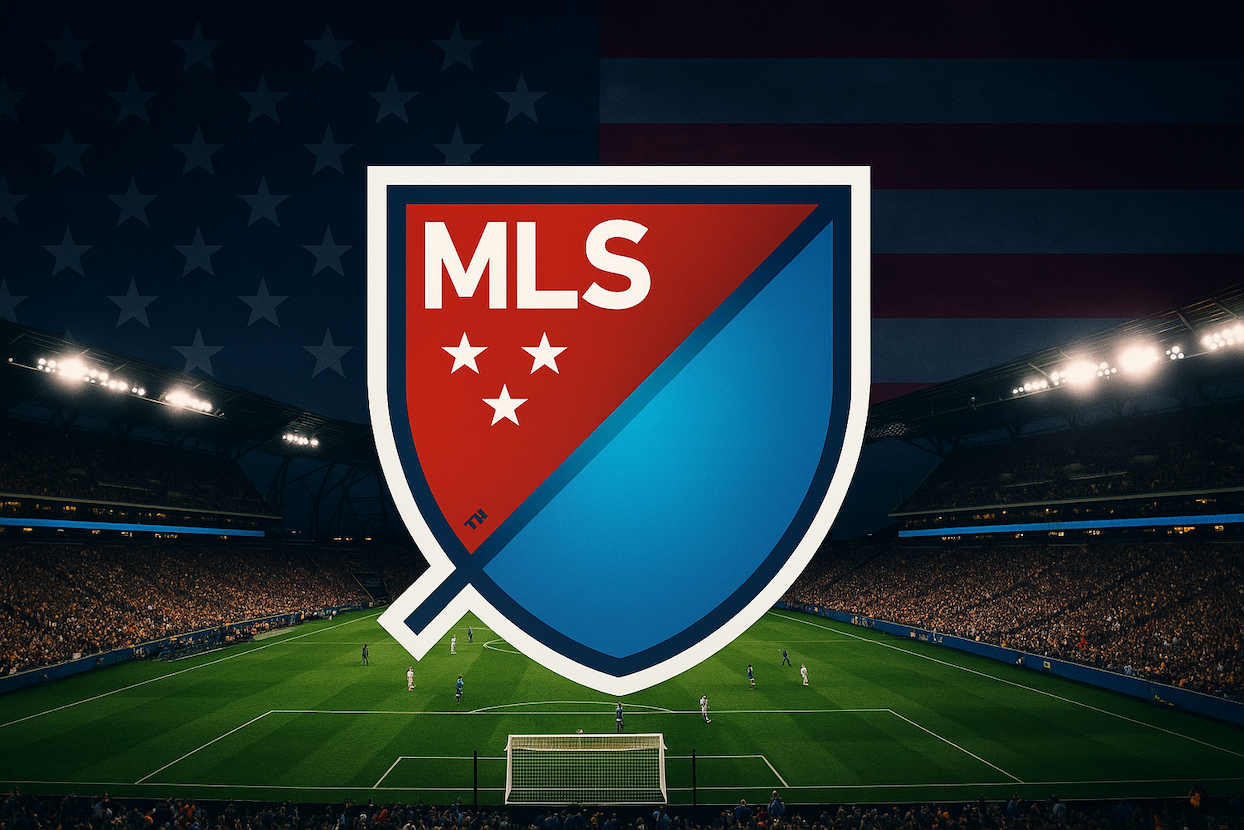Physical Address
304 North Cardinal St.
Dorchester Center, MA 02124
Physical Address
304 North Cardinal St.
Dorchester Center, MA 02124

MLS is currently navigating a storm of controversy surrounding the recent Club World Cup bonus dissatisfaction. The MLS Club World Cup Protest is taking center stage, as players and fans unite to voice their discontent over the league’s handling of compensation. The tensions underline a significant misalignment between player demands and league offerings, sparking broader discussions on what fair compensation should look like.
At the core of the protest is the call for fair compensation for MLS players participating in international competitions. The MLSPA has been vocal in its criticism, condemning the league’s proposal as inadequate. This MLS Club World Cup Protest is a significant example of players asserting their rights and demanding an equitable share of the financial pie, reflecting a broader movement of athletes using their platforms to advocate for themselves and their peers.
The MLS Club World Cup Protest has garnered substantial attention among fan groups, with many supporting the player’s stance. The Sounders, in particular, have been at the forefront, using protest tactics that highlight the frustrations of a competitive league seemingly out of touch with its workforce. This unity between players and fans echoes a sentiment of solidarity and community action, reminiscent of past protests that have reshaped sports league policies.
Social media has played a pivotal role in amplifying the MLS Club World Cup Protest. Platforms like Twitter and Reddit have seen a surge in discussions, memes, and organized actions supporting the players. This digital mobilization exemplifies how modern protests can influence and possibly expedite changes within professional sports. The online discourse is not just limited to players and fans but also engages a global audience, adding pressure on MLS to reconsider its stance.
The ongoing MLS Club World Cup Protest could have lasting implications on how the league negotiates and communicates with its players. It is an opportunity for MLS to revisit its current policies and foster a more inclusive dialogue with its players and the players’ association. The resolution of this dispute might set a precedent for future negotiations, ensuring players are recognized as critical stakeholders in the financial ecosystem of soccer.
Amidst the controversy, there lies an opportunity for MLS to emerge stronger. By addressing the MLS Club World Cup Protest constructively, the league can pave the way for enhanced relations with players that may, in turn, improve its reputation and operational transparency. Ensuring that players feel valued and heard could lead to increased player satisfaction and retention, which is vital for the league’s long-term success.
As the MLS Club World Cup Protest continues to unfold, the league’s response will be closely observed by other sports organizations globally. The situation emphasizes the evolving dynamics in professional sports where players’ rights and compensation are increasingly being scrutinized and redefined.
For more information on MLS and its developments, visit our MLS category page and explore external resources on the Guardian.